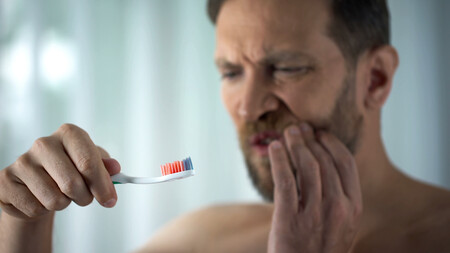
Do your gums bleed when you brush?
Bleeding gums can be due to aggressive brushing. If it keeps recurring, it can be a sign of an underlying issue requiring immediate medical attention.
Either way, don’t ignore it. Here are some possible causes of bleeding gums and treatment.
- Gingivitis. Gingivitis is a mild form of gum disease. It occurs when plaque remains on the teeth. Plaque is a colourless film of bacteria and debris. When it hardens, it turns into tartar which irritates the gums and causes bleeding. Signs of gingivitis include sore and swollen gums. Proper brushing can reverse gingivitis. You can restore the health of your gums and avoid bleeding by paying more attention to your oral hygiene routine.
- Periodontitis. If your gums bleed easily it could be a sign of periodontitis, an advanced form of gum disease. If gingivitis is left untreated, it can progress and to periodontitis. Periodontitis cannot be treated by brushing and flossing alone. These habits are still crucial, but you’ll need to work with your dentist and dental hygienist to get rid of debris buildup in your mouth. Severe cases may require surgical treatment to deep clean all areas.
- Pregnancy. Pregnancy may cause bleeding gums. Hormonal changes may make your gums more sensitive and cause them to bleed when you brush. Maintaining a good oral hygiene routine can minimize bleeding gums. However, advise your dentist immediately if it’s severe and regularly occurring. You may need to come in for a consultation to avoid issues for you and your baby.
- Vitamin C deficiency. Vitamin C strengthens bones and teeth. Low levels of vitamin C may cause you to feel weak, and your gums may also swell and bleed even with gentle brushing. Increasing your supply of vitamin C may fix this issue. If the bleeding persists, see your dentist in Grande Prairie as soon as possible.
- Diabetes. Poor blood sugar control increases your risk for gum disease. Gum disease may also make diabetes more challenging to manage. You may experience dry mouth and bleeding gums if you have diabetes. You may also be more susceptible to infections, and wound healing may take longer. Regular dental visits are crucial to keep your oral health in good condition.
Bleeding gums can easily be confused with various health issues. This is why you need to see your dentist regularly. The best way to address gum bleeding is by identifying its actual cause.
Your dentist examines your mouth and recommends the next step. Depending on their findings, they may guide you in maximizing your oral hygiene routine or refer you to a physician or other specialist for further examination.
Bleeding gums is treatable, but prevention is always the better option.


